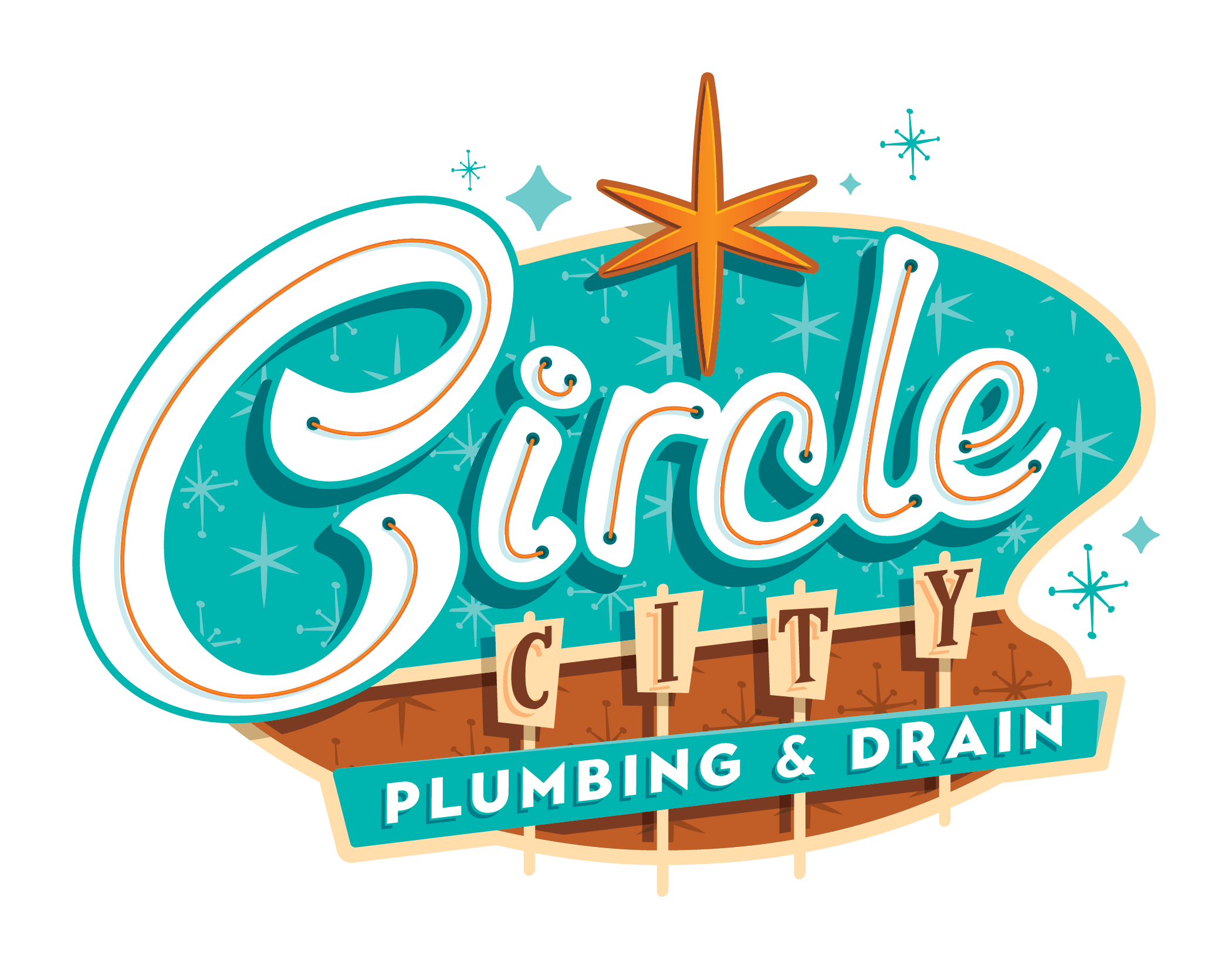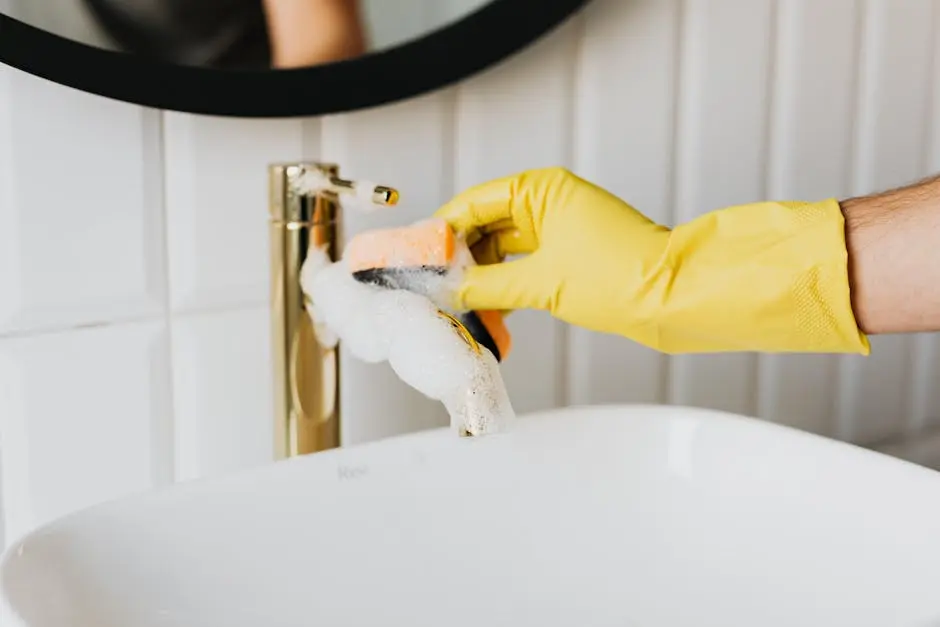Understanding the Common Culprits of Clogged Sewers
Clogged sewers can be a homeowner’s nightmare, causing inconvenience and costly repairs. Understanding the common culprits behind clogged sewers is the first step to preventing this issue. One of the primary causes is the accumulation of grease and fat. When these substances are washed down the kitchen sink, they solidify and build up inside the pipes over time, leading to blockages.
Tree roots are another frequent culprit of sewer blockages. Trees seek out sources of water, and sewer pipes provide a nutrient-rich environment for them to thrive. As tree roots grow, they can infiltrate and damage sewer lines, causing obstructions and leaks. Additionally, foreign objects flushed down toilets or drains, such as wipes, sanitary products, and paper towels, can accumulate and create blockages in the sewer system.
To prevent clogged sewers, it’s essential to be mindful of what goes down your drains and toilets. Avoid pouring grease or oil down the sink, and make sure to dispose of these substances properly. Regularly maintain your yard by trimming trees and bushes away from sewer lines to prevent root intrusion. Being cautious about what you flush down the toilet can also go a long way in maintaining the health of your sewer system.
In older homes, sewer pipes may be more susceptible to clogs due to aging and deterioration. As pipes corrode and degrade over time, they become more prone to blockages from debris and root ingress. Regular inspections and maintenance can help identify potential issues early on and prevent major sewer blockages that can disrupt your daily life.
Importance of Regular Maintenance to Avoid Sewer Blockages
Regular maintenance is crucial for keeping your sewer system operating smoothly and preventing clogs. By scheduling routine inspections and maintenance checks, you can catch any potential issues before they escalate into major problems. A professional plumber can inspect your sewer lines using specialized equipment to detect any blockages, leaks, or damage.
During a maintenance visit, the plumber can also perform tasks such as hydro-jetting to clear out any buildup inside the pipes. Hydro-jetting uses high-pressure water to flush out grease, tree roots, and other obstructions that may be causing clogs. This thorough cleaning process can restore proper flow and prevent future blockages from occurring.
In addition to professional maintenance, there are steps you can take as a homeowner to prevent clogs in your sewer system. Installing drain filters in sinks and tubs can help trap hair, soap scum, and other debris before they enter the pipes. Being mindful of what you flush down toilets and avoiding excessive use of chemical drain cleaners can also contribute to a healthier sewer system.
Simple DIY Practices to Keep Your Sewers Clear
While professional maintenance is essential, there are also simple DIY practices you can implement to keep your sewers clear. Regularly flushing hot water down drains can help dissolve grease and prevent buildup in the pipes. You can also create a natural cleaning solution using baking soda and vinegar to break down stubborn clogs.
Maintaining your yard by planting trees and shrubs away from sewer lines can prevent root intrusion and damage. If you notice slow drainage or gurgling noises from your drains, it’s important to address these issues promptly to prevent a full-blown clog. Using drain screens in your kitchen sink to catch food scraps and in your shower to trap hair can also help prevent blockages.
The Role of Professional Inspections in Sewer Health
Professional inspections play a crucial role in maintaining the health of your sewer system. A licensed plumber can conduct comprehensive inspections using camera technology to identify any issues within the pipes, such as cracks, leaks, or blockages. By detecting these problems early on, you can avoid potential sewer backups and costly repairs.
During an inspection, the plumber will assess the overall condition of your sewer lines and provide recommendations for repairs or maintenance. This proactive approach can help you address minor issues before they turn into major emergencies, ensuring that your sewer system functions efficiently and effectively.



0 Comments